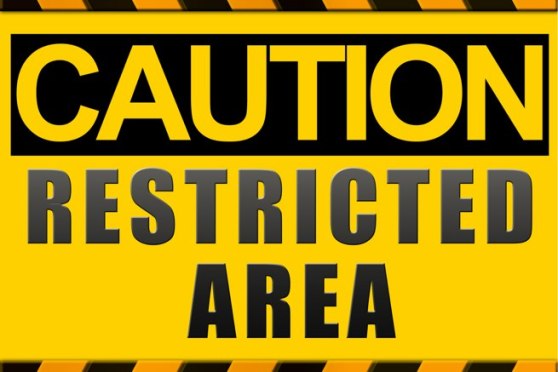Rule 12b-25 of the Securities Exchange Act of 1934 (the “Exchange Act”) requires SEC reporting companies to provide notice on Form 12b-25 if it is unable to file its report on Form 10-Q within the prescribed time period. The Form 10-Q extension provides the issuer with an additional 5 day extension for the filing of its 10-Q. The form also provides disclosure to the public regarding the reasons why a periodic report on Form 10-Q cannot be timely filed.
For companies filing Form 10-Q extension, the report will be deemed to have been timely filed provided it complied with all the requirements and conditions of Rule 12b-25, including the 5 day extension granted by Rule 12b-25.
Requirements for A Form 10-Q Extension
Rule 12b-25 provides that the filing will be deemed to have been filed timely if all of the following conditions of the Form 10-Q extension are met:
• A notification on Form 12b-25 discloses that filing the 10-Q on the required date would have caused unreasonable effort or expense, and the registrant undertakes that the Form 10-Q, or the delinquent portions thereof, will be filed no later than the fifth calendar day following the original due date.
• The company includes as an exhibit, if applicable, a statement from any person other than the company whose inability to furnish a required opinion, report or certification was the reason that the Form 10-Q could not be filed on time.
• The Form 10-Q, or the delinquent portion thereof, is filed within the five day extension period granted by Rule 12b-25.
To prevent companies from using the form to delay filing negative information, the SEC staff examines the Form 12b-25 filings and related report.
The instructions for Form 12b-25 are summarized as follows:
• The form must be filed no later than one business day after the due date of the Form 10-Q.
• The Form 10-Q is deemed filed on the date it is received by the SEC.
• The company must explain why it did not file the report on Form 10-Q within the time required.
• If the report on Form 10-Q is filed for a portion of a report and the balance of the report was filed by the original due date, the company should disclose the portion not included. When the company files its amended 10-Q report, it should include the previously omitted information.
Like other filings under the Exchange Act, Form 12b-25 is subject to Exchange Act Rule 12b-20, which requires that the report contain any additional information necessary under the circumstances to prevent the required information from being misleading.
For more information about Form 10-Q please see our blog post at:
http://www.gopublic101.com/form-10q/
For further information about this securities law blog post, please contact Brenda Hamilton, Securities Attorney at 101 Plaza Real S, Suite 202 N, Boca Raton Florida, (561) 416-8956, by email at info@securitieslawyer101.com or visit www.gopublic101.com. This securities law blog post is provided as a general informational service to clients and friends of Hamilton & Associates Law Group and should not be construed as, and does not constitute, legal and compliance advice on any specific matter, nor does this message create an attorney-client relationship. For more information about going public and the rules and regulations affecting the use of Rule 144, Form 8K, crowdfunding, FINRA Rule 6490, Rule 506 private placement offerings and memorandums, Regulation A, Rule 504 offerings, SEC reporting requirements, SEC registration statements on Form S-1 , IPO’s, OTC Pink Sheet listings, Form 10 OTCBB and OTC Markets disclosure requirements, DTC Chills, Global Locks, reverse mergers, public shells, direct public offerings and direct public offerings please contact Hamilton and Associates at (561) 416-8956 or info@securitieslawyer101.com. Please note that the prior results discussed herein do not guarantee similar outcomes.
Hamilton & Associates | Securities Lawyers
Brenda Hamilton, Securities Attorney
101 Plaza Real South, Suite 202 North
Boca Raton, Florida 33432
Telephone: (561) 416-8956
Facsimile: (561) 416-2855
www.GoPublic101.com


